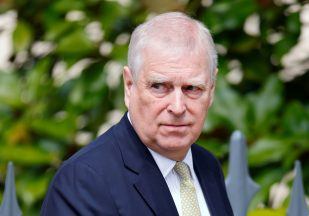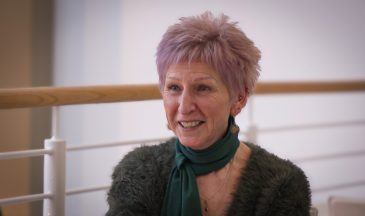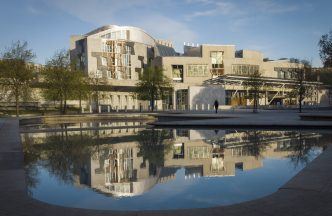Never before has a woman held the position of finance secretary in Scotland.
Kate Forbes’ appointment to the role isn’t a UK-first – in Wales, a woman currently serves as finance minister and is the fourth to do so since devolution.
And in Northern Ireland, current DUP leader Arlene Foster served in the top finance job at Stormont for six months between 2015 and 2016.
But Scotland’s devolved Budget is larger than Wales and Northern Ireland’s combined, while Forbes will have significantly more power than her counterparts, such as control over setting income tax rates and bands.
Most other tax powers still reside at Westminster – where there has never, in 800 years, been a female Chancellor of the Exchequer.
Forbes also makes history based on her age. At just 29, there has never been a younger person in the top finance post at UK or devolved level.
So what do we know about her?
Who is Kate Forbes?
Born in 1990 in Dingwall, Kate Forbes grew up between the Highlands, Glasgow, and India, where her father worked to provide healthcare to locals.
A Gaelic speaker (she once gave a speech to MSPs entirely in Gaelic), she finished her schooling at Dingwall Academy then went on to study history at Cambridge University.
Forbes graduated in 2011 then obtained a Masters from Edinburgh University in emigration history in 2013, having a keen interest in the Highland clearances and the emigration of Highlanders to North America around that period.
During that time she also worked as an accountant at Barclays for two years and as an assistant for her local MSP, Dave Thompson.
When Thompson announced he would not stand again in the 2016 Holyrood election, Forbes succeeded him as SNP candidate for Skye, Lochaber and Badenoch, defeating five others to top an all-women shortlist.
On polling day, she won comfortably, nearly doubling the SNP’s majority in the seat from 4995 to 9045.
So Forbes, aged just 26, began life as a backbench MSP in the Scottish Parliament.
She championed local issues, such as increasing the number of foster carers in the Highlands, and also launched a high-profile national campaign to ban the use of plastic straws.
Forbes has also spoken out about her faith in the past, condemning religious bullying, and was one of three government ministers who signed a letter raising concerns about controversial proposed reforms to the gender recognition process.
She won her first ministerial role in 2018 covering public finance and digital economy and made history as the first Scottish minister to be born in the 1990s – the same decade as the Scottish Parliament was re-established.
Her latest political achievement is now her meteoric rise to the second most powerful job in the Scottish Government – that of finance secretary, and the control of an annual Budget worth around £34bn.
But it was a promotion forced on Forbes by circumstance, those circumstances being far from ideal, after Derek Mackay became embroiled in scandal and resigned over hundreds of messages he’d sent to a teenage boy.
Called in at the last minute on Budget day, the 29-year-old received positive reviews as she delivered the Scottish Government’s draft tax and spending plans to MSPs with only hours to prepare.
Her job going forward will not be a simple or an easy one, tasked now with hammering out a compromise with opposition MSPs to ensure Scotland’s first post-Brexit budget passes into law.





























